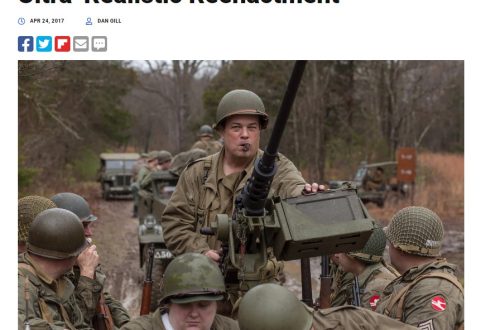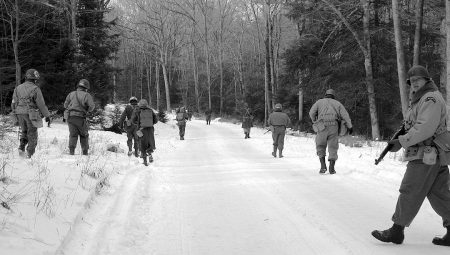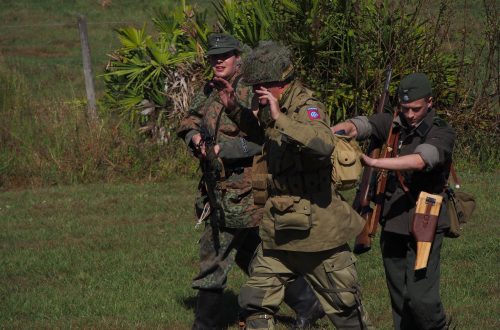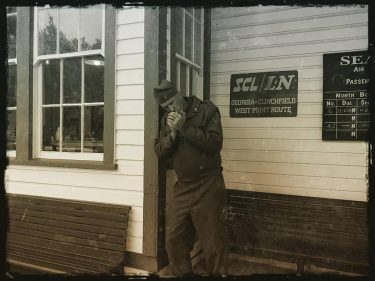
The Etymology of ‘F*ck’
historynet.com
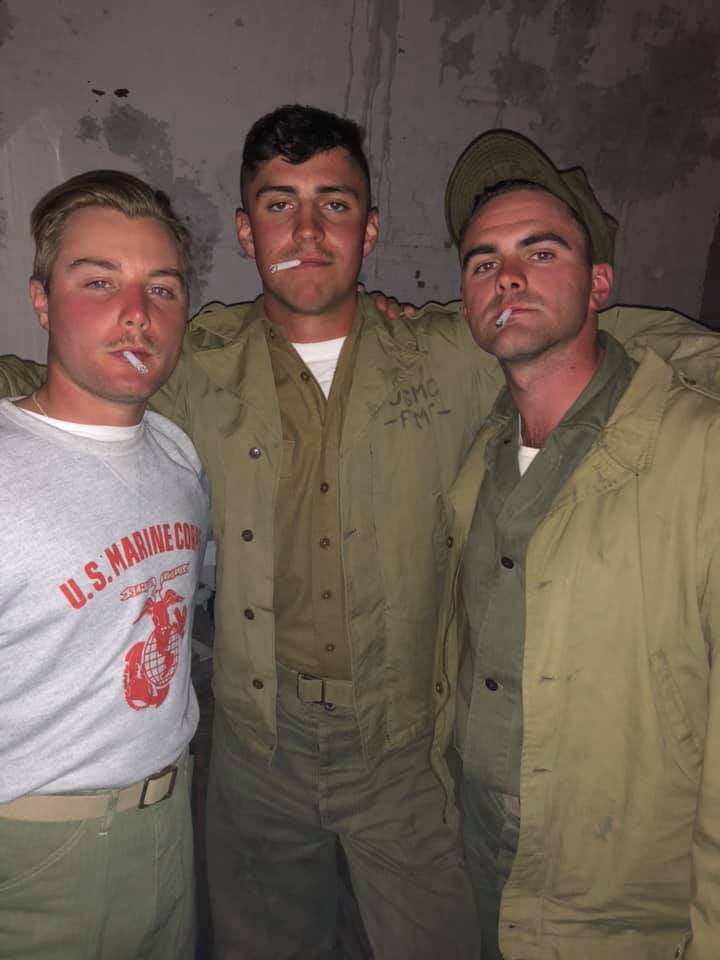
F*ck, however, remained in the shadows of polite society largely until the onset of World War II, according to historian Tom Harper Kelly.
“One new recruit James Nichol recalled that in basic training he ‘was still very nervous of the F-word (frig being the current substitute, but I avoided that, too),’” Kelly wrote. But a sergeant in Nichol’s training company impressed the young recruit with the word’s “repetition, if not invention. I lay in my bunk one evening and counted the number of times ‘f*ck’ occurred in his conversation. It occurred every four and a half words, though I was counting mentally and might have missed some.’”
In combat, the predilection for using the expletive naturally only grew.
In “Helmet for My Pillow,” Marine Robert Leckie described the word as a “handle, a hyphen, a hyperbole; verb, noun, modifier; yes, even conjunction. It described food, fatigue, metaphysics. It stood for everything and meant nothing … one heard it from the chaplains and captains, from Pfcs and PhDs…”
The frequency in which f*ck was employed in the Marine lexicon had Leckie theorizing that any Japanese soldier who overheard an American conversation must have thought, “by measurement and numerical incidence that this little word must assuredly be the thing for which we were fighting.”



